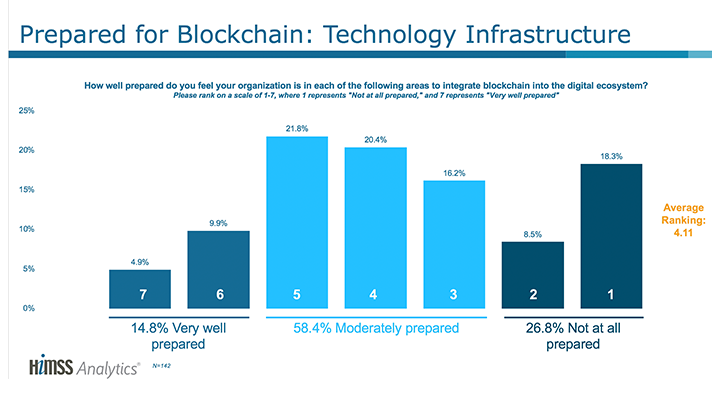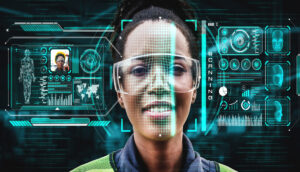The future of data verification is likely to involve a combination of automated and manual verification techniques that leverage the power of machine learning and artificial intelligence. The ultimate goal is to provide accurate, trustworthy data to support decision-making and drive innovation.
Emerging trends in data verification
A trend that’s likely to emerge in the future of data verification is the use of blockchain technology. Because of its inherent security features and ability to create a tamper-proof ledger, blockchain could provide an ideal platform for verifying data in a trustless and transparent way.
Blockchain technology uses a distributed network of nodes to validate and confirm transactions. Each node in the network has a copy of the ledger, which is constantly updated with new transactions. For a transaction to be added to the blockchain, it must be validated and confirmed by a consensus of nodes in the network.
What exactly is blockchain technology?
Blockchain technology is an advanced database mechanism that allows transparent information sharing within a business network. A blockchain database stores data in blocks that are linked together in a chain. This technology can potentially revolutionize how we approach data verification by providing a tamper-proof, decentralized platform that allows for secure and transparent data verification.
As the future trends toward blockchain technology, some businesses are more ready than others to utilize it.
One of the key features of the use of blockchain technology is its security. Because each blockchain block contains a unique cryptographic hash and a link to the previous block, altering or deleting any transactional data on the blockchain without being detected is virtually impossible. This makes blockchain technology an ideal platform for secure and transparent transactions. The benefits of blockchain technology are:
- Immutability: One of the key features of blockchain technology is its immutability. Once data is recorded on a blockchain, it cannot be altered or deleted. Any changes made to the data are identified quickly, and any attempt to tamper with the data will be detected.
- Transparency: Blockchain technology provides a transparent platform for data verification, as all the data is stored in a public ledger that anyone can access. Changes made to the data can are identified and tracked, making it more difficult for malicious actors to manipulate the data.
- Decentralization: Blockchain technology is decentralized, meaning that there is no single point of failure or control. This makes it more secure and less susceptible to hacking or tampering.
- Smart Contracts: Smart contracts are self-executing contracts with the terms of the agreement between buyer and seller written into lines of code. They allow for automated verification and execution of transactions, eliminating the need for intermediaries and increasing the efficiency of the verification process.
There are many examples of how blockchain can be used in businesses, including cryptocurrency transactions, supply chain management, voting systems, and more. As technology continues to evolve and mature, it has the potential to transform a wide range of industries and change the way we approach data security and transactions.
Why automation is key
As more and more data is generated, it becomes increasingly difficult to verify all of it for accuracy and consistency manually. This is where automation can play a crucial role. By leveraging machine learning algorithms and other advanced technologies, automating the process of verifying data and flagging any inconsistencies or errors for further review is possible.
Data verification checks are essential
In a world where more and more transactions happen online, data verification and privacy checks are more important than ever. Users need to feel confident that their information is handled properly and that all safety precautions are followed.
Overall, blockchain technology can provide a more secure, transparent, and efficient platform for data verification, which could have significant implications for industries that rely on accurate and trustworthy data, such as finance, healthcare, and supply chain management.
Humans aren’t being phased out
A continued evolution towards automation marks the future of data verification and greater use of machine learning while still recognizing the importance of human oversight and leveraging emerging technologies like blockchain. Human oversight and intervention will always be needed, especially when it comes to sensitive or complex data. Human reviewers can bring a level of judgment and intuition to the process that machines cannot replicate.






